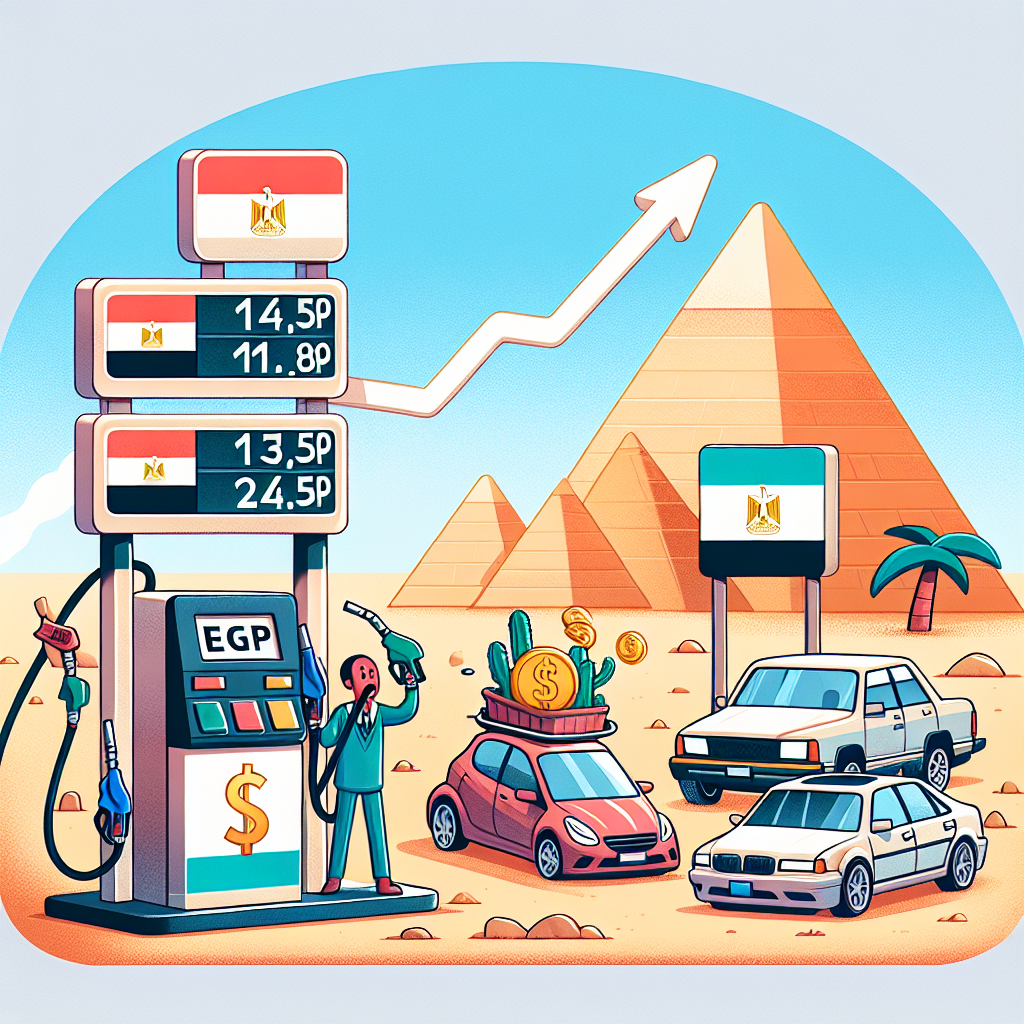EU Approves €1 Bln Loan to Support Economic Reforms and Stabilize Finances in Egypt
The economic situation began improving earlier this year after the announcement of financial backing from both the International Monetary Fund (IMF) and the EU.

The European Commission has announced the approval of a €1 billion loan to Egypt, marking the first and only instalment of the ongoing Macro-Financial Assistance (MFA) program. This financial support is aimed at helping Egypt address its financing needs for the fiscal year 2024/2025 while maintaining macroeconomic stability and advancing key domestic reforms. The disbursement is expected to take place in the coming days.
The €1 billion loan is a crucial part of Egypt’s recovery strategy, following significant pressures on its balance of payments. The economic situation began improving earlier this year after the announcement of financial backing from both the International Monetary Fund (IMF) and the EU. However, Egypt’s economy continues to face challenges, particularly due to the lingering impacts of Russia’s war against Ukraine and regional instability in the Middle East.
Progress and Policy Conditions Met
The European Commission’s decision comes after Egypt successfully met the policy conditions agreed upon with the EU. Key measures taken by Egypt to strengthen its economic resilience include:
Exchange Rate Unification: Egypt has unified its fragmented exchange rate system, which had been a source of economic instability.
Public Financial Management: Improvements have been made in managing public finances more efficiently.
Social Safety Programs: Egypt has scaled up its social safety programs to support vulnerable populations.
Business and Investment Climate: Transparency in investment and import conditions has been enhanced, and the role of Egypt's competition authority has been strengthened.
Focus on Sustainable Growth and Green Transition
In addition to fiscal reforms, Egypt has made progress on its green transition. Key achievements include:
Sustainable Energy Strategy: Egypt has updated its Sustainable Energy Strategy through 2040, laying the groundwork for long-term growth in renewable energy.
Private Sector Participation: There has been an emphasis on increasing private sector participation in renewable energy production.
A Pillar of EU-Egypt Strategic Partnership
This loan is part of the broader EU-Egypt Strategic and Comprehensive Partnership, which is designed to address Egypt’s economic challenges while supporting its geopolitical role in the Middle East. The partnership recognizes Egypt as a key pillar of stability in the region. This MFA program forms part of a broader EU effort to support Egypt, with discussions underway for a second operation worth €4 billion.
The European Commission’s support underscores the EU’s commitment to Egypt’s economic recovery and stability in the face of ongoing geopolitical and economic challenges.










